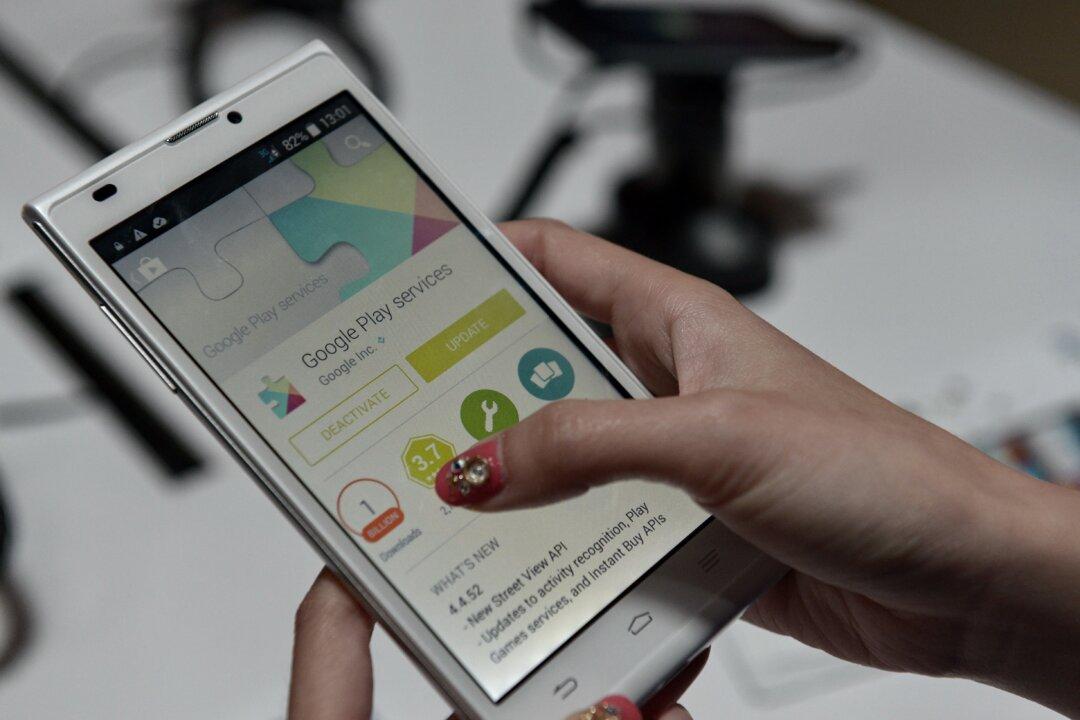WASHINGTON/BEIJING—U.S. President Donald Trump has pledged to help ZTE “get back into business, fast” after a recent U.S. ban crippled the Chinese telecoms company, offering a job-saving concession to Beijing ahead of high-stakes trade talks this week.
Trump made the unexpected announcement via Twitter on May 13. It was a stunning reversal, given Washington’s tough stance in recent weeks on Chinese trade practices that have increased tensions between the world’s two largest economies.





